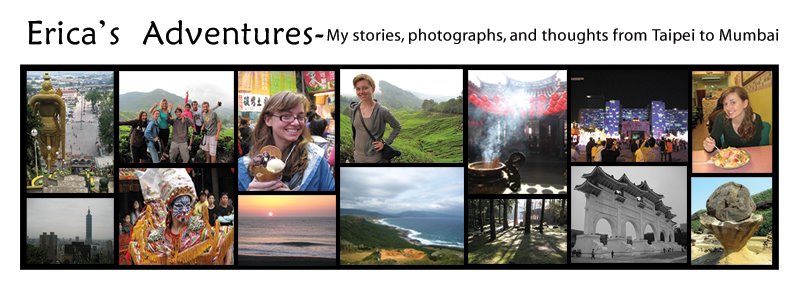There are still remnants of the Khmer Rouge genocide everywhere. Pol Pot, the leader of the massacre, only died in 1998 while in exile. After a very very slow boat from
Chau Doc on the Vietnamese side of the Mekong Delta, we made it to
Phnom Pehn.
Phnom Pehn is a city where you see hoards of
tuk tuk drivers pushing through the lanes of Hummers and
BMWs while children rummage through discarded waste on the roadside. The city has a deafening pulse from the motorbikes, food stalls, windy little streets and people trying to sell you everything. Most surprisingly of all, despite Cambodia's recent tragic history of the country, the people have such big smiles and a jovial sense of humor.
We managed to make our way to the National Museum, the S21 Prison museum, and the killing fields 14 km outside the city. We did all of this despite the fact that September is the
rainiest month in Cambodia.
Besides the typical touristy things that someone does in
Phnom Pehn we made our way to a little village in
Takeo province to do some good
ol' fashion teaching. At the
Sorya School (http://www.sorya.org/index.php) established 8 years ago by a Cambodian-German to make a difference. We were not entirely sure if we were on the right bus heading into the countryside in Cambodia and exactly how we would get to the school, but we managed to get to the closest town and asked about the school. Of course the town knew which school that we were talking about. The impact of the school has been tremendous in the community. When we walked down the road, people were stopping us to demonstrate their English proficiency acquired at
Sorya.
I met so many different students and heard some of their stories. Their stories were filled with sorrow, frustration and such an immense desire to change their situation, that I could not help but be captivated. One girl,
Csreytouch a.k.a. Suzie, invited us over to her house during the lunch break to meet her family and see her home. As we ate a coconut that she picked from the 15 meter tall tree, we met her family and heard her horror stories of working in textile factories. She made only $50 a month and worked some 70 hours (all while standing) with little ability to save any for her family. She has very simple dreams, but almost no ability to achieve even the smallest of them.
The organization has helped the village make a great deal of progress with regards to access to clean drinking water, meeting dietary needs, education and helping the community build for the future. The organization has provided concrete rainwater collection barrels for each of the village's homes. The school uses satellite
Internet and is solar powered to really enhance the students' educations. The hardest part about the school was leaving, people were so kind and excited to have a conversation. They truly did not want us to go, even after such a short while we felt like we were a part of the community.
Appreciate every single spoonful of rice you eat. John, one of the students at
Sorya, yelled to us on the road asking if we wanted to help with the rice. We were in a rush back to
Sorya for the afternoon classes and told him no, but asked when they start in the morning. He laughed and said 7 am with the expectation that we were joking. He had a very large smile and his mother laughed when we showed up the next morning for work. There is a definite
rhythm to picking rice without damaging the plant. The plants were only 2 months old and still in their seedbeds, we were helping pick them so they could be spread out over more fields to properly produce rice. This technique ensures a high gross and suitable quality. After two hours of perfecting my picking technique my legs were sore and my hands dyed from the purple residue on the plants, the rice farmer's tattoo. We headed back to Phnom Pehn, but I doubt I will forgetting the experience at Sorya any time soon.



